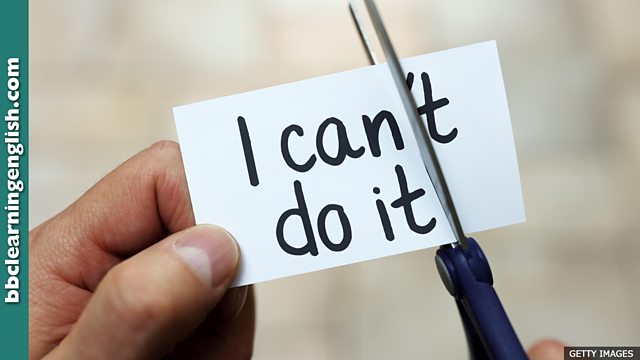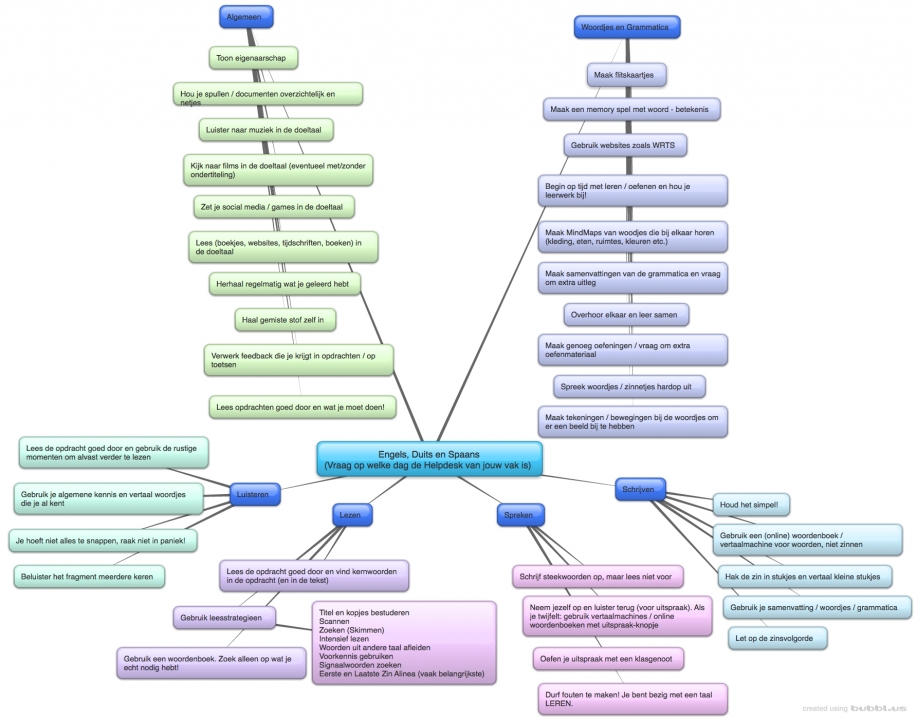Het arrangement Thema 5: Energie is gemaakt met Wikiwijs van Kennisnet. Wikiwijs is hét onderwijsplatform waar je leermiddelen zoekt, maakt en deelt.
- Auteur
- Laatst gewijzigd
- 08-09-2022 14:16:14
- Licentie
-
Dit lesmateriaal is gepubliceerd onder de Creative Commons Naamsvermelding-GelijkDelen 3.0 Nederland licentie. Dit houdt in dat je onder de voorwaarde van naamsvermelding en publicatie onder dezelfde licentie vrij bent om:
- het werk te delen - te kopiëren, te verspreiden en door te geven via elk medium of bestandsformaat
- het werk te bewerken - te remixen, te veranderen en afgeleide werken te maken
- voor alle doeleinden, inclusief commerciële doeleinden.
Meer informatie over de CC Naamsvermelding-GelijkDelen 3.0 Nederland licentie.
Aanvullende informatie over dit lesmateriaal
Van dit lesmateriaal is de volgende aanvullende informatie beschikbaar:
- Eindgebruiker
- leerling/student
- Moeilijkheidsgraad
- gemiddeld
Bronnen
| Bron | Type |
|---|---|
|
Video explanation - Future (toekomst) https://www.youtube.com/watch?v=-6vtoRoZCAU |
Video |
|
Video explanation - Gerund https://www.youtube.com/watch?v=2TxA1Md7-dE |
Video |
|
Video explanation - Relative Pronouns (betrekkelijke voornaamwoorden) https://www.youtube.com/watch?v=A_gPLqYX_Co |
Video |
|
Video explanation - Adverbs & Adjectives (bijwoorden en bijvoeglijk naamwoorden) https://www.youtube.com/watch?v=g_E01067YCI |
Video |
|
Video explanation - Reflexive pronouns (myself, yourself, herself etc.) https://www.youtube.com/watch?v=okveIqcQpj8 |
Video |










